Urban planning today demands a balance between development and environmental stewardship. Porous driveways are a key solution in this equation.
They allow water to seep through, reducing runoff and promoting groundwater recharge.
Proflow Permeable Pavers™ stand out as a top choice for creating these eco-friendly surfaces. They offer durability, aesthetic appeal, and environmental benefits.
Urban planners face the challenge of integrating sustainable materials into infrastructure. Porous driveways provide a viable path forward. They help mitigate urban heat and reduce the need for extensive stormwater systems.
By specifying Proflow Permeable Pavers™, planners can enhance urban resilience. These pavers support the natural water cycle and contribute to sustainable cityscapes.
Incorporating permeable driveways can lead to more livable, green cities. They are a practical step towards achieving sustainability goals.
The Importance of Porous Driveways in Urban Planning
Urban landscapes increasingly face challenges from stormwater management and environmental degradation. Porous driveways play a crucial role in alleviating these issues. They allow water to permeate through surfaces, effectively reducing runoff that often leads to flooding and erosion.
With climate change effects amplifying, urban planners must integrate resilient infrastructure solutions. Porous driveways are one of those solutions. Their ability to absorb rainwater relieves pressure on municipal drainage systems and supports water conservation efforts.
Using porous materials in urban design can offer multiple benefits, including:
- Enhanced groundwater recharge
- Reduced urban heat island effect
- Improved water quality in local watersheds
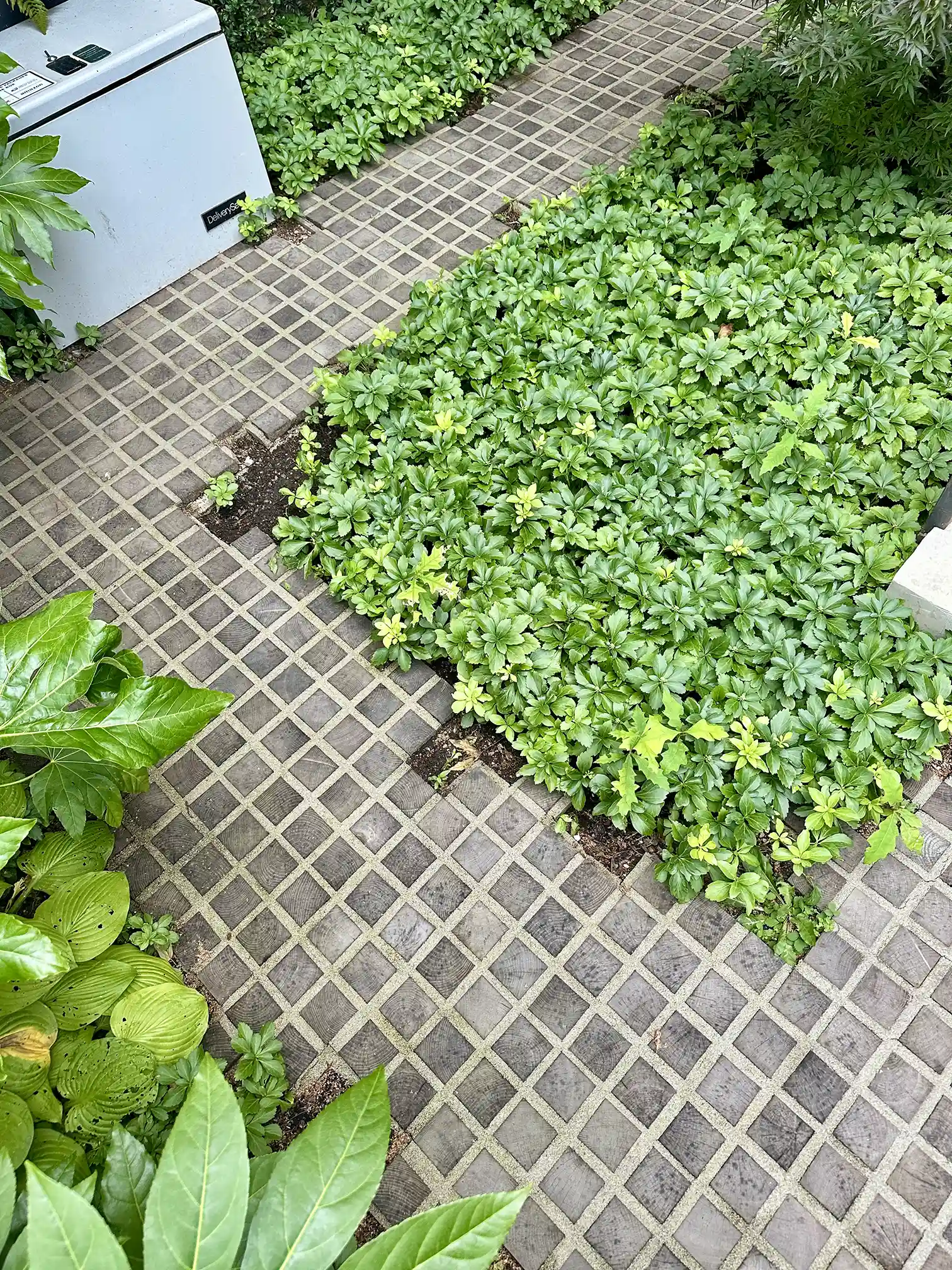
Porous driveways also align with policies aimed at sustainable urban growth. They promote a circular water cycle, creating cities that harmonize with natural ecosystems. This approach not only benefits the environment but also enhances the quality of life for residents. By adopting porous driveways, planners can strike a balance between urban development and ecological preservation.
Understanding Permeable Driveway Options
When specifying materials for permeable driveways, urban planners have several options to consider. Each option offers different benefits, which can be tailored to specific site conditions and urban design objectives.
Gravel driveways stand out for their affordability and natural appearance. They allow excellent water infiltration but may require regular maintenance to prevent shifting and compaction over time.
Permeable pavers, such as the Proflow Permeable Pavers, balance aesthetics and functionality exceptionally well. These pavers come in a variety of styles, complementing diverse urban aesthetics without compromising permeability.
Key permeable driveway options include:
- Gravel driveways
- Permeable concrete
- Permeable pavers
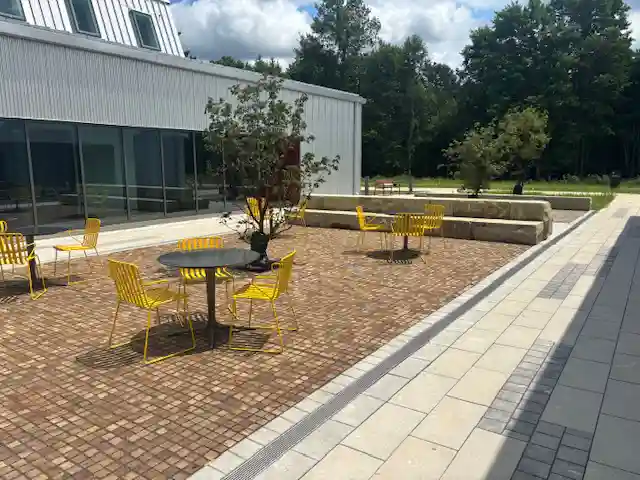
Urban planners should consider site-specific factors, such as soil drainage capacity and expected traffic loads, when selecting materials. By understanding the options, planners can make informed choices that support sustainable and aesthetically pleasing urban environments.
Are Pavers Impervious? Debunking Common Myths
A common misconception about pavers is that they are entirely impervious. This myth can discourage their use in sustainable urban design. However, many modern pavers, specifically designed for permeability, allow water to permeate the surface efficiently.
Proflow Permeable Pavers are engineered to facilitate water infiltration. These pavers reduce runoff by directing water into the ground, thus replenishing groundwater and lowering flood risks. This characteristic makes them an ideal choice for urban planners aiming to enhance environmental resilience.
Not all pavers are created equal. Below are key aspects that differentiate permeable pavers:
- Design includes gaps and porous surfaces
- Allows water through and around paver joints
- Reduces urban heat and runoff
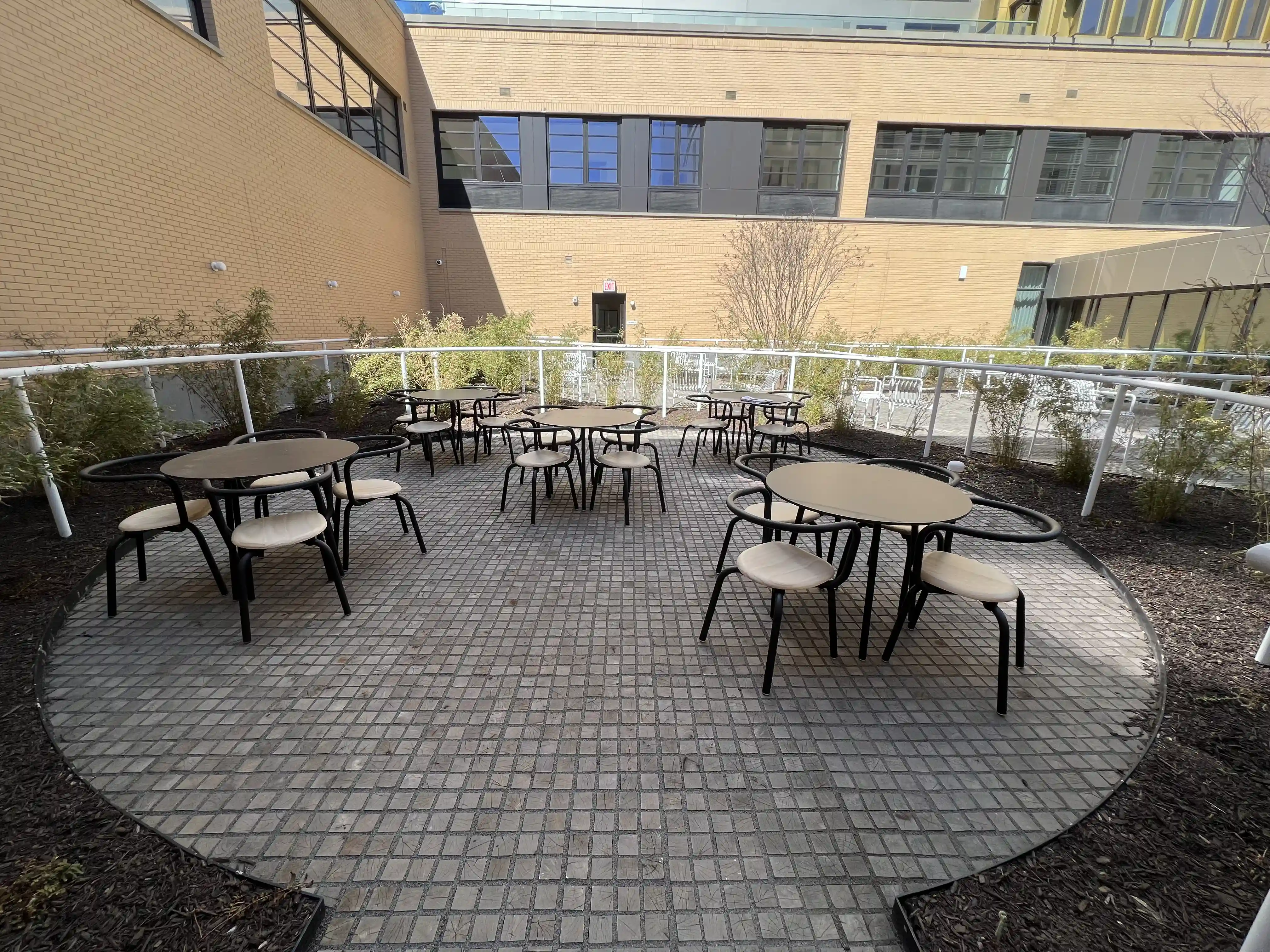
Architects must choose appropriate materials carefully to optimize both environmental and urban community benefits.
Proflow Permeable Pavers: Features and Benefits
Proflow Permeable Pavers stand out for their impressive blend of durability and eco-friendliness. They are designed to support heavy loads while maintaining efficient water flow. This capability makes them an excellent choice for urban landscapes.
These pavers come in various styles, providing aesthetic flexibility to harmonize with different architectural themes. Urban planners can achieve both functional and visual harmony with Proflow Pavers.
One key benefit is the reduction of stormwater runoff. By allowing water to seep through, they minimize pressure on municipal drainage systems and reduce the risk of flooding. This is crucial for cities facing frequent storms.
Moreover, Proflow Pavers contribute to the urban heat island effect mitigation. They help cool the environment by allowing water to evaporate and cool surfaces naturally. This cooling effect is invaluable in densely built cities.
Key features of Proflow Permeable Pavers include:
- Efficient water infiltration
- High load-bearing capacity
- Aesthetic variety and design adaptability
- Reduces heat buildup and runoff
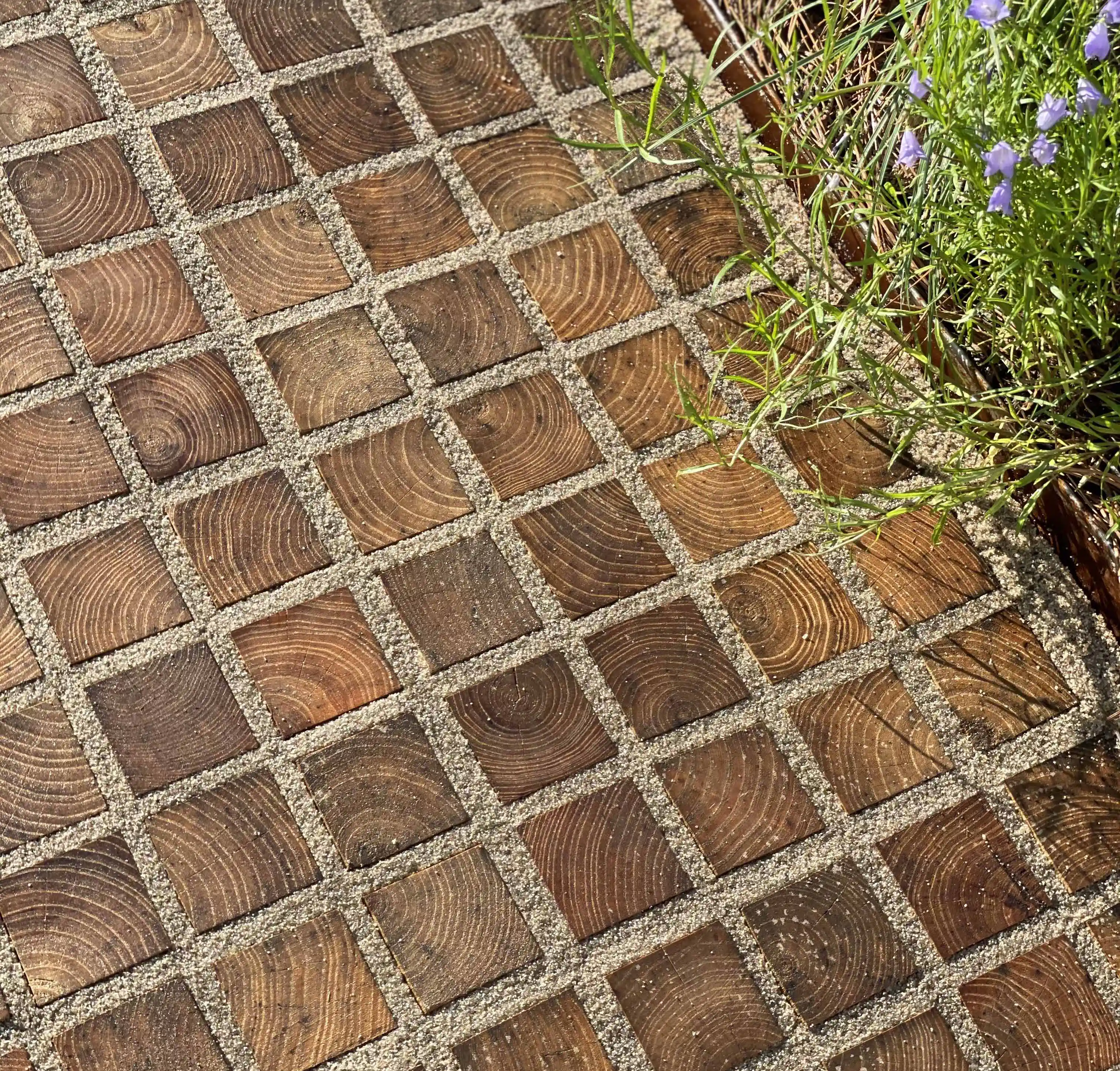
By selecting Proflow Permeable Pavers, urban planners can move toward a more sustainable and resilient future. These pavers offer environmental, functional, and visual benefits essential for modern urban design.
Comparing Pervious Driveway Ideas and Materials
When considering pervious driveway options, it's essential to evaluate the various materials available. Each material offers unique benefits and challenges tailored to specific urban needs.
Gravel is a classic choice due to its simplicity and cost-effectiveness. While it facilitates good water infiltration, it requires regular maintenance to prevent displacement. This makes it best suited for low-traffic areas.
Proflow Permeable Pavers, with their advanced design, ensure optimal water flow and load-bearing capacity. They stand out among modern permeable driveway options due to their environmental benefits and versatile aesthetics.
Key considerations when choosing pervious driveway materials include:
- Maintenance needs
- Load-bearing requirements
- Aesthetic preferences
- Environmental impact
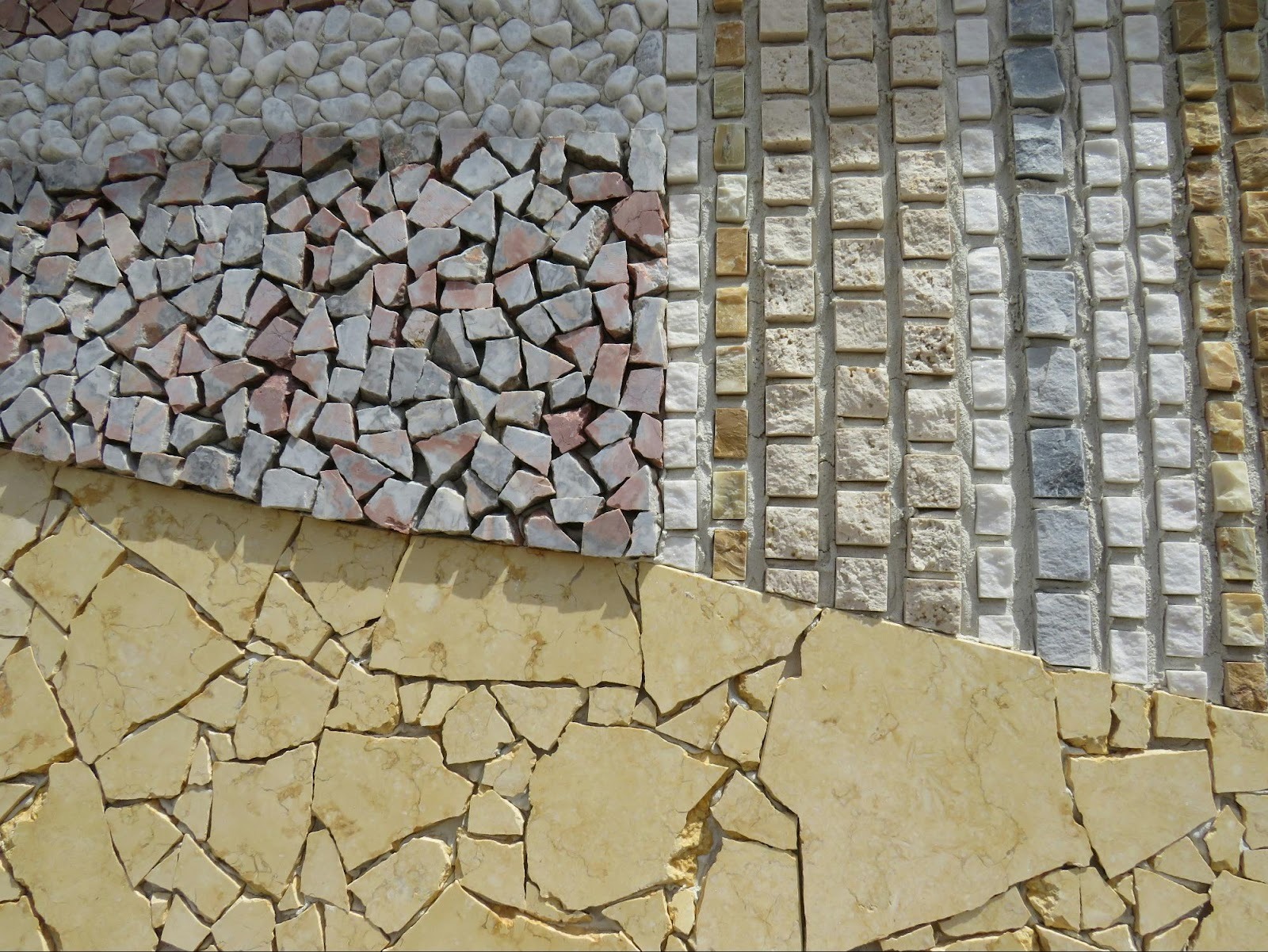
By understanding these materials, urban planners can make informed decisions that enhance urban sustainability and functionality. The right choice promotes ecological balance and urban resilience.
Modern Permeable Driveway Design: Aesthetic and Functional Considerations
In today's urban landscapes, driveway designs are evolving beyond simple functionality. Modern permeable driveway designs integrate both aesthetic appeal and practicality to create sustainable spaces.
These driveways can be tailored to blend seamlessly with the urban environment. By using a variety of permeable materials, they offer endless design possibilities. Urban planners can select from a palette of patterns to complement existing architecture.
Functional considerations include ensuring optimal water management and durability. Modern designs also address urban heat island effects by using light-colored or green materials to naturally cool surfaces. Incorporating greenery into driveway designs enhances biodiversity and creates visually pleasing spaces.
Key aspects to consider in modern permeable driveway design:
- Use of diverse textures
- Integration of green elements
- Compatibility with local architecture
- Efficiency in water absorption and cooling
Permeable Driveway Resurfacing: Upgrading Existing Infrastructure
Resurfacing existing driveways can transform them into sustainable assets. Permeable driveway resurfacing is a cost-effective way to enhance urban infrastructure while supporting environmental goals.
This process involves applying a permeable material overlay onto old surfaces, allowing water to seep through. It reduces runoff and assists in groundwater replenishment. Such upgrades can significantly lower the risk of urban flooding and minimize strain on drainage systems.
Selecting the right resurfacing method is vital. Each option varies in permeability, durability, and aesthetics. Urban planners should consider local climate conditions, aesthetic preferences, and budget constraints.
Considerations for permeable driveway resurfacing:
- Compatibility with existing materials
- Level of permeability required
- Cost and maintenance implications
By prioritizing permeable driveway resurfacing, cities can achieve greater resilience and sustainability. It's an investment in future-ready infrastructure that aligns with eco-conscious urban planning.
Environmental and Economic Impacts of Non-Impervious Driveways
Non-impervious driveways, such as those using Proflow Permeable Pavers, offer substantial ecological benefits. They support natural water cycles by allowing rain to infiltrate the ground, thus reducing surface runoff.
This infiltration improves water quality by filtering pollutants and recharging aquifers. As a result, urban areas become more resilient to both flooding and drought conditions, supporting sustainable urban ecosystems.
Economically, these driveways can reduce infrastructure costs. By lowering the dependency on extensive stormwater management systems, cities can allocate resources more efficiently. Additionally, permeable designs may increase property values, offering long-term financial benefits.
Key impacts of non-impervious driveways include:
- Enhanced water management
- Reduced stormwater infrastructure costs
- Increased property values
Installation and Maintenance Best Practices for Proflow Permeable Pavers
To maximize the benefits of Proflow Permeable Pavers, proper installation and minimal maintenance are essential. Begin by preparing a stable subbase. Ensure it is well-compacted to support the pavers and facilitate drainage.
Maintenance every once in a while preserves functionality. Clean the surface periodically to prevent debris buildup in the joints. This prevents clogging and maintains permeability over time.
Additionally, inspect for any damaged pavers and replace them promptly to maintain structural integrity. Employ appropriate cleaning techniques that avoid chemicals.
Best practices include:
- Preparing a stable, well-compacted subbase
- Cleaning to prevent joint blockage
- Prompt replacement of damaged pavers
These practices help urban planners and architects ensure the long-term success and sustainability of porous driveways, offering both environmental and financial rewards.
Case Studies: Urban Projects Using Proflow Permeable Pavers
Urban areas across the globe showcase successful integration of Proflow Permeable Pavers. These case studies highlight innovations in urban planning and sustainability.
One notable project in a bustling city center used these pavers to revitalize a public park, improving aesthetics and reducing runoff. Another transformed an ordinary parking area into an eco-friendly space that efficiently manages stormwater.
Key examples include:
- A public park enhancement project
- A sustainable parking lot transformation
These projects demonstrate the significant ecological and infrastructural benefits that Proflow Permeable Pavers bring to urban developments.
Conclusion: Advancing Sustainable Urban Development with Porous Driveways
Porous driveways, like those built with Proflow Permeable Pavers, are vital for modern urban planning. They offer solutions to manage water efficiently and create eco-friendly spaces.
Q&A: Common Questions About Porous Driveways and Proflow Permeable Pavers
Q1: What are porous driveways, and how do they work?
A1: Porous driveways are specially designed surfaces that allow water to seep through them, reducing runoff and aiding in groundwater recharge. They are constructed using materials like permeable pavers, gravel, or permeable concrete, which have spaces that enable water infiltration.
Q2: Are all pavers impervious?
A2: Not all pavers are impervious. Many modern pavers, especially those designed for permeability, allow water to pass through gaps and joints, helping mitigate runoff and flooding. Proflow Permeable Pavers are an example of this type.
Q3: How do I maintain a permeable driveway?
A3: Maintenance involves cleaning to prevent debris accumulation in the joints and ensuring that no plants or algae block the surface. Additionally, inspecting for damaged pavers and promptly replacing them is essential to maintain functionality.
Q4: Can I resurface my existing driveway with permeable materials?
A4: Yes, you can resurface existing driveways with permeable materials. This process involves applying a permeable overlay, which allows water to seep through and reduces runoff while improving groundwater replenishment.
Q5: What are the environmental benefits of using Proflow Permeable Pavers?
A5: Proflow Permeable Pavers help manage stormwater by allowing water to infiltrate the ground, thus reducing flooding risks and improving water quality. They also contribute to alleviating the urban heat island effect, helping to cool the environment.
Q6: How do porous driveways impact property value?
A6: Porous driveways can enhance property values by improving curb appeal and creating sustainable landscapes. They help reduce stormwater management costs, making properties more attractive to eco-conscious buyers.


